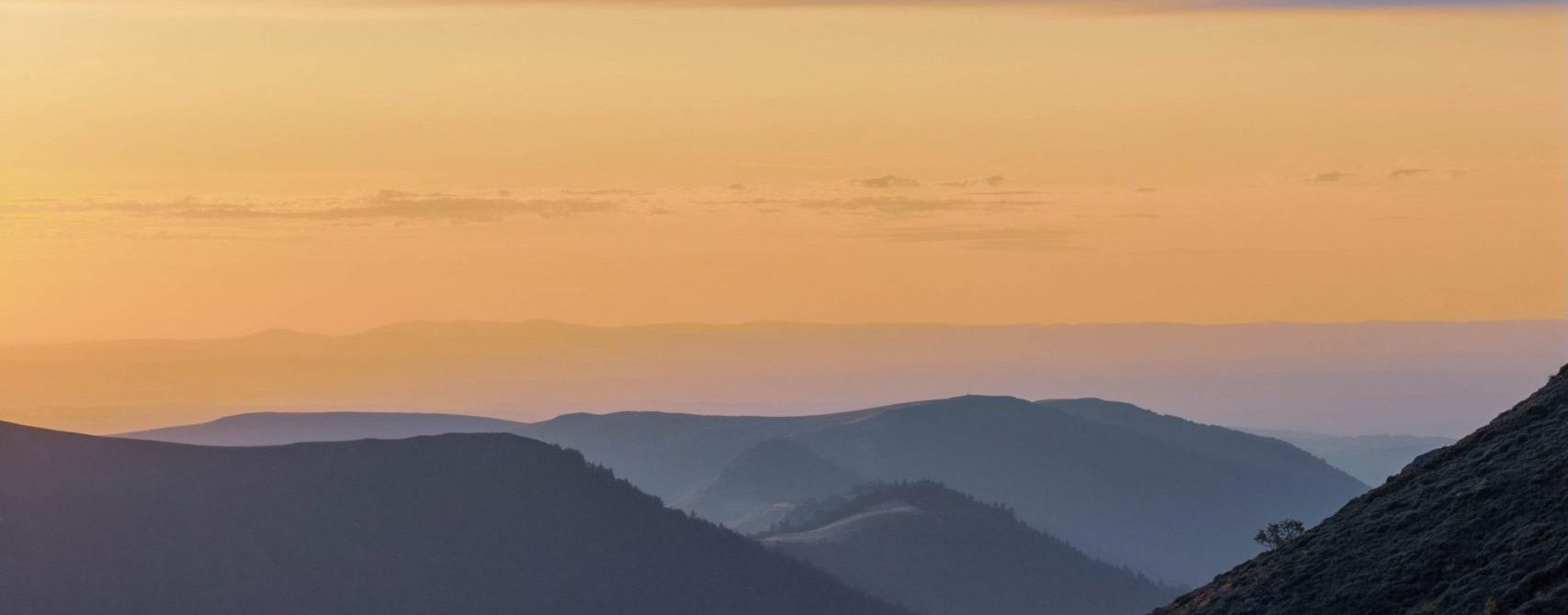This observation was written by Caroline Winter.
At a glance:
| Title | UNESCO’s Recommendation on Open Science |
| Creator | UNESCO |
| Publication Date | tbd |
| Keywords | Open science, international policy |
At the UNESCO General Conference in fall 2019, the organization was tasked with developing a Recommendation on Open Science. UNESCO describes open science as comprising open access, open data, and being “open to society” (UNESCO n.d. p. 2). It notes, however, that although the Open Science movement is gaining worldwide momentum, there is to date no consensus about how to define open science or its goals.
UNESCO is therefore consulting with the global scientific community and its stakeholders to develop this Recommendation that will include a shared definition of open science, its values, and the next steps in its advancement (UNESCO n.d.).
Consultations for the Recommendation began in January 2020 and are guided by the Open Science Advisory Committee, supported by the Open Science Partnership (UNESCO n.d.). A consultation survey was released in February 2020, and other forms of consultation are ongoing.
The first draft of the Recommendation is scheduled to be shared with UNESCO Member States in September 2020, with the final Recommendation to be adopted in 2021 (UNESCO n.d.).
UNESCO Recommendations are policy instruments adopted by its General Conference with the intention of guiding the international regulation of a given issue. Recommendations outline principles that member states can adopt and apply within their local legal frameworks (UNESCO n.d.).
The Recommendation’s Relevance for the INKE Partnership
The Recommendation identifies 12 components of open science, many of which align with the interests and goals of INKE Partnership members and have been addressed elsewhere on this site, including
- open access
- open infrastructures
- open educational resources
- open data
- open source (UNESCO n.d., p. 3).
Response from the Academic Community
Numerous organizations with an interest in open science have shared their responses to the consultation, including
- the Citizen Science Global Partnership.
- CODATA, with ISC World Data System, Go Fair, and the International Council for Scientific and Technical Information
- Plan S
- the Electronic Information for Libraries (EIFL)
- the European Citizen Science Association
- the Interacademy Partnership (IAP).
In a post for Canadian Science Publishing, Dick Bourgeois-Doyle relates the momentum behind the Open Science movement to our contemporary cultural, historical, and political context, arguing that “[t]he recent drive for open science reflects a desire to renew the contract between science and society in the face of the so-called post-truth era and global issues such as climate change, income inequality, and, now, the pandemic” (2020). Noting that supporting Open Science will benefit the Canadian research community, he calls upon the community to participate in the UNESCO consultation.
In July 2020, the Canadian Commission for UNESCO (CCUNESCO) published a response to the consultation called Open Science Beyond Open Access: For and With Communities, a Step Towards the Decolonization of Knowledge, by Leslie Chan, Budd Hall, Florence Piron, Rajesh Tandon, and Wanósts’a7 Lorna Williams. This response emphasizes the need for Open Science to reach beyond open access toward decolonization (Chan et al. 2020).
Chan et al. note that the COVID-19 pandemic has prompted an opening up of how science is practiced and communicated, involving greater collaboration within the scientific community and between the scientific community and the public. Noting that shift toward Open Science is in many ways “a return to the conventional ethics of research” that see knowledge as a public good, Chan et al. argue that practices such as pay-to-publish and the use of impact factors entrench inequalities within the scholarly community, particularly across the Global North and South (2020, p. 4). For this reason, the authors make recommendations that “challenge the deep-seated structural inequities” created by “the flawed logic of open-access” (Chan et al., 2020, p. 6). Pointing to practices such as participatory research by scholar activists, community-engaged and -based research, and university–community partnerships, the authors note that UNESCO’s Recommendation is an opportunity to transform scientific practices to better align with the idea of science as a public good (Chan et al., 2000). An essential form of openness emphasized in the response is openness to non-Western and non-European forms of knowledge and ways of knowing, including Indigenous knowledge and research from the Global South (Chan et al., 2000). Chan et al. argue that decolonizing science—in which Open Science can play an important role—has benefits related to social justice as well as to the quality of scientific knowledge.
UNESCO’s Recommendation on Open Science and Open Scholarship
UNESCO’s approach to Open Science emphasizes the need for Open Science to engage with and respond to the wider community, stating that “[b]y encouraging science to be more connected to societal needs and by promoting equal opportunities for all (scientists, innovators, policy-makers and citizens), Open Science can be a true game-changer in fulfilling the human right to science and bridging the science, technology and innovation gaps between and within countries” (UNESCO n.d., p. 2). As a policy instrument, the Recommendation has the potential to inform international policy and regulation related to Open Science and to Open Scholarship as a whole.
Works Cited
Bourgeois-Doyle, Dick. “Open Science: Now is the Time for Canadians to Speak Up.” Canadian Sceince Publishing, April 21, 2020. http://blog.cdnsciencepub.com/open-science-now-is-the-time-for-canadians-to-speak-up/.
Chan, Leslie, Budd Hall, Florence Piron, Rajesh Tandon, and Lorna Williams. 2020. Open Science Beyond Open Access: For and With Communities. A Step Towards the Decolonization of Knowledge.” The Canadian Commission for UNESCO’s IdeaLab. July 2020. https://en.ccunesco.ca/-/media/Files/Unesco/Resources/2020/07/OpenScienceDecolonizingKnowledge.pdf.
UNESCO. n.d. Towards a UNESCO Recommendation on Open Science: Building a Global Consensus on Open Science. Accessed 24 July 2020. https://en.unesco.org/sites/default/files/open_science_brochure_en.pdf.

